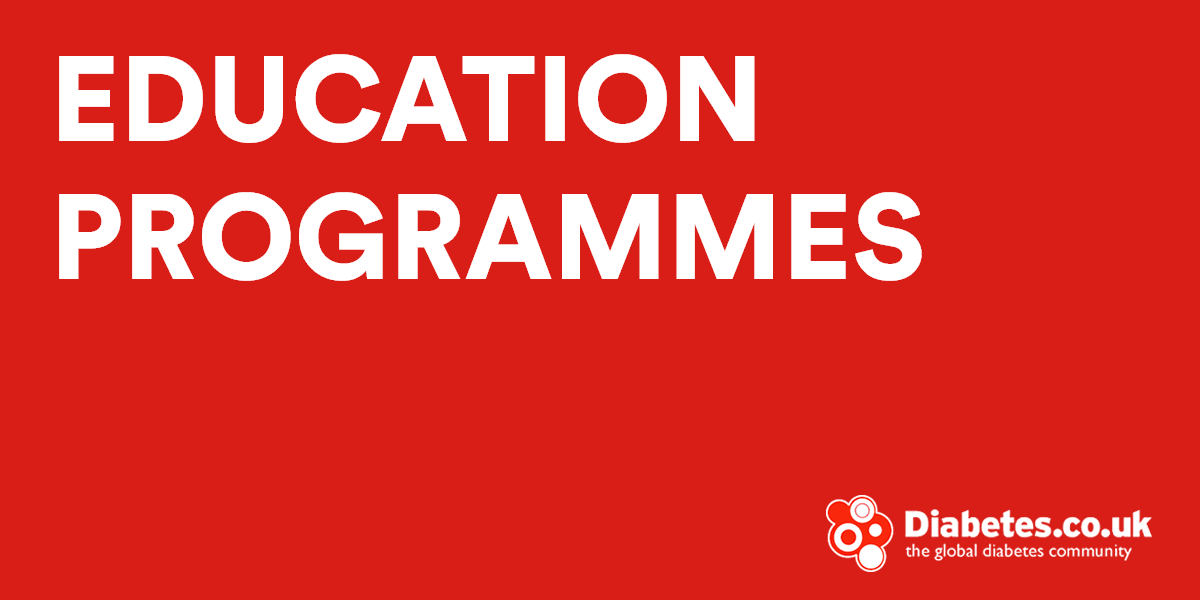Like DESMOND and DAFNE, ASPIRE is a structured education course for people with diabetes to learn more about tools to manage their diabetes.
The ASPIRE course aims to show people with diabetes how to accurately adjust insulin to match the amount of carbohydrate they eat and how much exercise they do.
How does ASPIRE work?
The ASPIRE course was designed to help adults with type 1 diabetes to focus on new diabetes self-management skills.
This includes calculating insulin dose to more closely match diet and exercise levels.
What are the goals of ASPIRE?
The aim of ASPIRE, which it succeeds in accomplishing, is to improve HbA1c and quality of life. Results to date are encouraging.
ASPIRE runs for 4 weeks, and is generally undertaken within groups of 6 or 8 participants. The course started in October 2005 and is held at a venue with both kitchen and exercise facilities.
What underpins ASPIRE?
The ASPIRE course is underpinned by Social Learning Theory. This described the way people become confident to self-manage diabetes and develop ability to make behavioural changes.
Ways to encourage participants include group work, role-play and workshops.
Key topics include:
- What is diabetes
- Hyperglycaemia and DKA
- Hypoglycaemia,
- Action and types of insulin
- Blood glucose monitoring
- Exercise (theory and practice)
- Travel
- Complications
- What’s new in diabetes
- Nutrition and healthy eating
- Carbohydrate counting
- Calculating insulin to carbohydrate intake
- Food label interpretation
- Alcohol
- Glycaemic index
- Eating out and takeaways
What does ASPIRE achieve?
The core of the ASPIRE course is to share experience, and the course involves pre and post assessment appointments. Diaries of food, exercise and reflection are also kept.
As well as improvements in glycaemic control, additional benefits in psychosocial health were also observed.






